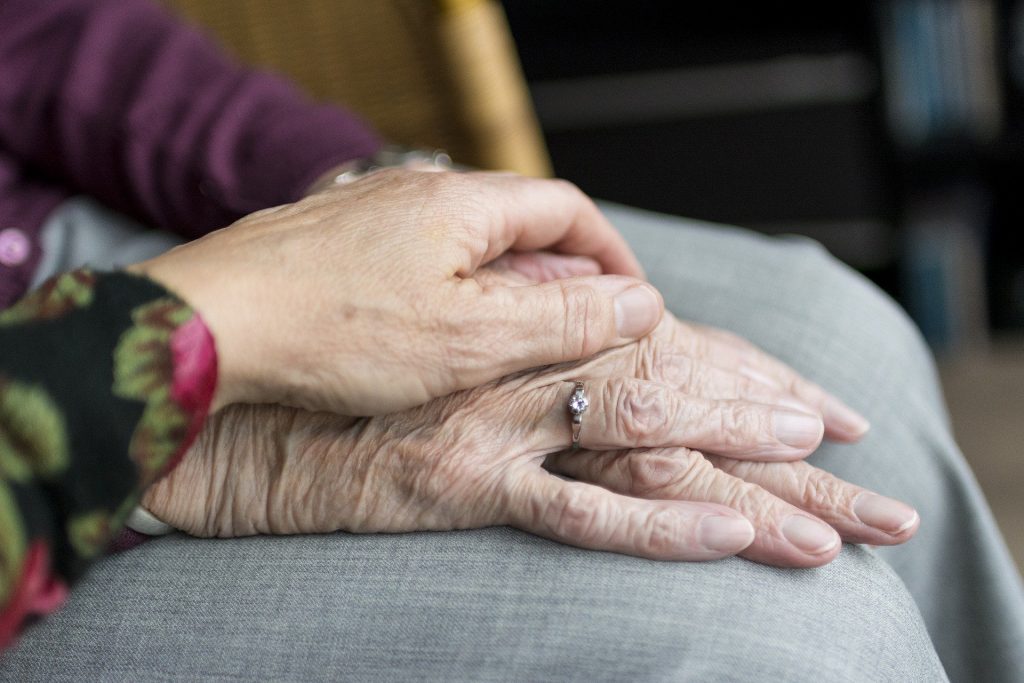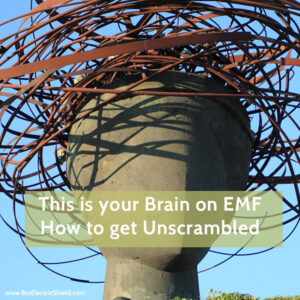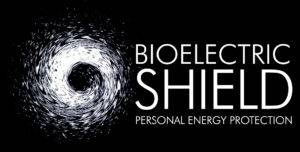
ADHD in Older Adults often goes untreated. Attention deficit and hyperactivity disorder, more commonly known as ADHD, is widely seen as a children’s disorder. How many stories have you heard about kids who can’t sit still, or switch moods at the drop of a hat?
The reality, however, is that ADHD is not a childhood disorder — children with ADHD grow into adults with ADHD and eventually become seniors with ADHD.
Approximately 5% of the global adult population suffers from ADHD – more than 8 Million.
Exact numbers are hard to pin down because many adults have not or cannot get diagnosed. From these numbers alone, however, it’s clear that ADHD doesn’t simply stop at childhood.
WEB MD updated statistics July 13, 2022
It’s estimated that adult ADHD affects more than 8 million adults (or up to 5% of Americans). Many of them don’t even know it.
Taking Care of Older Adults with ADHD
There’s a growing body of research regarding how to work and live with ADHD. So, if you’re looking for tips on how to care for a senior adult with ADHD, we’ve prepared a few tips below.
Pay Attention
According to research, senior adults are likelier to keep the inattentiveness symptoms and lose the hyperactivity symptoms as they grow older. Unfortunately, inattentiveness can be confused for other diseases like Alzheimer’s or dementia.
Caregivers need to pay attention to symptoms. Lack of focus in a senior adult could lead to a greater risk of falling or injury, which can have far-reaching consequences. Although most doctors and caregivers may not consider ADHD the first possibility in a senior adult case, it’s important to pay careful attention to symptoms to make an accurate diagnosis.
Seek Nursing Care
Senior adults will generally need more assistance as they grow older, but senior adults with ADHD will need more support. ADHD symptoms like a lack of focus, anxiety, or depression can be especially dangerous for older adults.
To protect and care for seniors with ADHD, you should look for experienced nurses or caregivers who know how to deal with ADHD symptoms. While this may seem like a tall order, fortunately, the rise in online educational options has led to more specialized roles. These specialized roles include skills specific to adult gerontology care, which is especially important for caring for seniors with ADHD.
Look for Additional Help
Focus is particularly significant for seniors with ADHD. The more they feel in control of their cognition and memory, the more they can avoid danger. The severity of ADHD symptoms can be traced to several different sources, so you must be able to create a safe, soothing environment.
When caring for seniors with ADHD, seeking additional assistance’s never a bad idea. This assistance can come from financial, medical, emotional, and community support. For example, if a senior patient lacks stimulation and engagement, it may be time to connect with other seniors in the area for community engagement. Contact local institutions and figures so they can get the support they need.
Find the Right Treatment Plan
ADHD is a complex issue, and people with ADHD all have individual ways of reacting to treatment. For senior adults especially, cookie-cutter treatment programs may not be the best option. There’s a current lack of research about ADHD in seniors, and as mentioned above, many untrained caregivers may confuse inattentiveness in ADHD with other signs of decline like dementia.
Because patients with ADHD express their symptoms in different ways, you must work with a professional to create a specialized treatment plan. This treatment plan may or may not include medication, but it can also include cognitive behavioral and organizational therapy methods.
Be sure to work with someone specializing in adult ADHD, as they can draft a more accurate treatment plan that can help you maximize results.
While it may seem daunting to care for a senior adult with ADHD, there are ways to make the whole process more comfortable. In addition to the tips outlined above, you’ll need patience, understanding, and care to make them feel relaxed and safe.
Specially written for BioElectricShield.com.
By: Richelle Janela
Note: Even those who weren’t ADD/ADHD earlier in their lives are experiencing symptoms due to the effects of EMF from cellphones, cell towers, computers, 5G, and smart meters.
BioElectric Shields for older adults can make a huge difference. We have worked with many older adults over the years who have gotten relief both from ADD/ADHD symptoms as well as other Mysterious Symptoms and Brain Fog.
We make a special Shield that helps with ADD/ADHD symptoms by protecting your energy from all forms of EMF and WiFi pollution – and also focusing your energy field more strongly. Take one of our quizzes for a recommendation for protection based on your overall exposure, sensitivity, and symptoms.
___________________________________
Customer Stories from AnnaMariah
Mind fog, depression, Alzheimer’s, or EMF?
I have a friend who has been concerned lately about mind fog and depression and a constant feeling of slight confusion and “off-ness.”
She’s a smart cookie, eats well, lives in the country, and spends much of her day outdoors in her garden. She normally doesn’t have problems like this. She was getting scared that there may be something seriously wrong with her brain, possibly even Alzheimer’s.
Because of her lifestyle, I didn’t immediately think, “Aha, EMF.” But I was strongly guided to hand her a Level 3 Shield. As an empath, I can often see or sense energy. Instantly, I could feel her brain rebalancing and the energy moving throughout her body. Within 5 minutes, her brain cleared up and rewired so the connections worked again. She could feel a huge difference within minutes and was nearly in tears of relief and gratitude.
Alzheimer’s, Panic Mode, and the Shield
I have another friend who has been diagnosed with early-onset Alzheimer’s. Yes, she had issues but was on a pretty even keel. Suddenly, she was in constant freak out, calling me day and night for help with her computer (we’re in different states, so it’s not always easy to help). She was so rattled and addled sometimes that she made no sense. I wondered what had made such a dramatic change and asked her if she’d charged her Shield recently. That’s when she told me she’d lost it and had been unable to find it for over a month. Yep, the same length of time she’d been so freaked out. She ordered a new Shield, and although she was still forgetful, she wasn’t constantly in panic mode.
Related Articles
No More Foggy Brain – Unscramble Your Brain Get Your Focus Back

Are you suffering from Foggy Brain? Do you feel like Your Brain is Scrambled?
Is it difficult to think clearly lately?
Do you know that feeling when you’re trying to figure out something, and it just doesn’t make sense?
The technology you use may be scrambling your brain. Read more



0 Comments